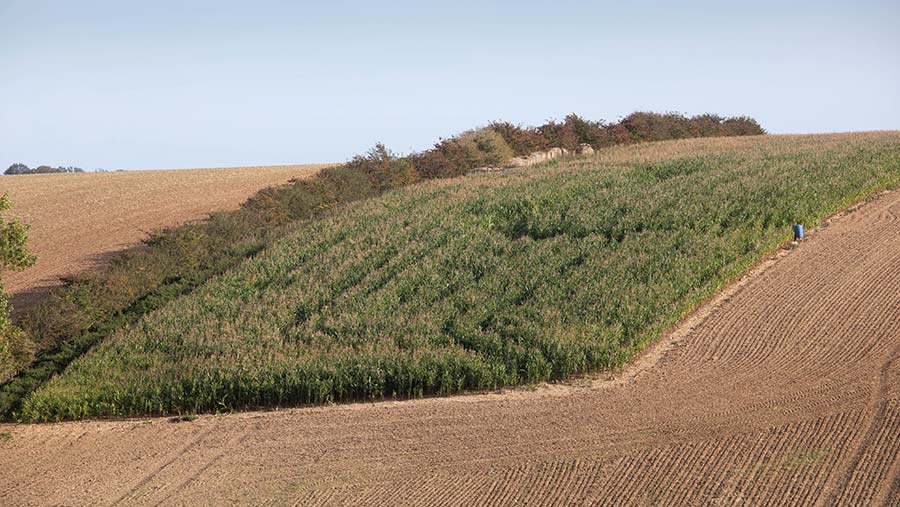Opinion: Tax reform needed to improve the lot of farm tenants
 © Tim Scrivener
© Tim Scrivener The tenanted sector of agriculture brings together landowners and tenants to create and foster sustainable and profitable businesses with fair rental returns to landowners. The sector also provides liquidity to that most fixed factor of production: land.
Farms looking to expand or contract can use the system’s flexibility to meet those objectives. Crucially, agricultural tenancies remain the only viable route for many aspiring individuals to enter farming.
About the author
 Baroness Kate Rock
Baroness Kate Rock
Baroness Kate Rock is a Conservative peer who sits on the House of Lords Select Committee for the Rural Economy, and is a director of a tenant farming business. Here she sets out the case for tax and dispute resolution reforms in the tenanted sector.
Sadly, this important sector is adversely affected by short-term thinking. The Agricultural Tenancies Act 1995 represented a major legislative deregulation of farm tenancies. This has resulted in the average length of term on new tenancies falling to less than four years.
Indeed, today 90% of all new tenancies are for five years or less. Such short lengths obstruct farm business resilience and will diminish participation in diversification and agri-environment schemes, including the proposed Environmental Land Management scheme.
See also: Agriculture Bill proposes significant changes to tenancies
I agree with the Tenant Farmers Association that the best way to address this is through amendments to the taxation of landlords.
This should include restricting the generous 100% relief from inheritance tax currently available to all landlords only to those prepared to let land for 10 years or more.
Second, landowners should not be allowed to use share farming, contract farming, share partnerships and/or grazing licences as thin facades of trading activity so as to gain a tax advantage where they take no risk, have no entrepreneurial input and lack any management control.
Third, landlords prepared to let land for 10 years or more should be able to declare rent as trading income for taxation purposes.
And finally, Stamp Duty Land Tax should be reformed to end discrimination against longer tenancies.
I was pleased to see the government bring in certain agricultural tenancy reforms through the Agriculture Act 2020, incorporating some of the changes proposed by the Tenancy Reform Industry Group (Trig).
It is now time to adopt more of these Trig proposals, including improvements to succession, assisting with tenant retirement and improving the operation of dispute resolution.
On this last point, one welcome change in the Agriculture Act 2020 was the expansion of the franchise of organisations that can be used for the appointment of arbitrators for dispute resolution.
As well as the Royal Institution of Chartered Surveyors, we now also have access to the Central Association of Agricultural Valuers and the Agricultural Law Association.
This is good news, but we must go much further on reforms to arbitration.
Far from being a cost-effective and efficient way to resolve disputes, it can often be a lengthy and expensive process which leaves the parties further apart than when they started.
One fundamental reform would be to lift the veil of confidentiality that exists around arbitration awards.
Like court judgements, they should be publicly available and open to scrutiny, so arbitrators can be held to account for the way in which they resolve cases.
It is patently obvious to any informed observer that the landlord/tenant system in agriculture currently favours the landlord.
Short and restrictive tenancy terms coupled with high rents provide maximum benefit and flexibility to landlords, and place heavy burdens on tenants. The system needs to be levelled up.
A specific Agricultural Tenancies Bill should be introduced without delay.
